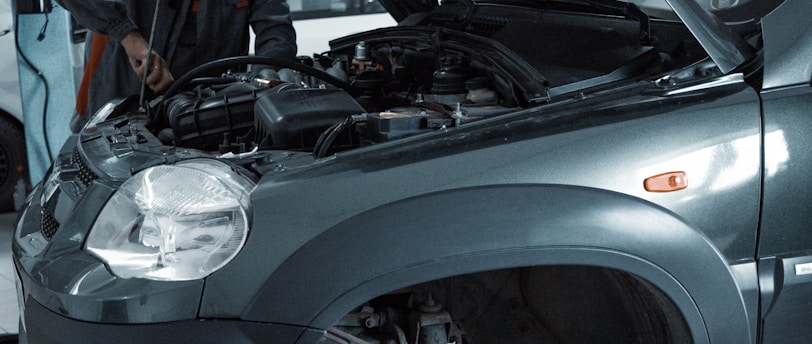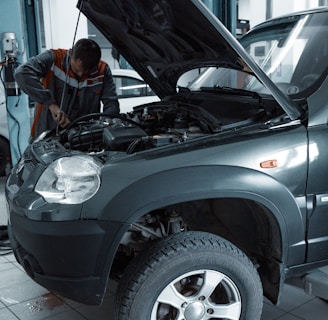Why Remap a Diesel Car
1/8/20252 min read


Diesel engines are often considered ideal candidates for remapping (ECU tuning) due to several factors related to their design and characteristics. Here’s why diesel engines are particularly well-suited for remapping:
1. High Torque Potential
Diesel engines naturally produce a lot of low-end torque due to their design and fuel characteristics. This means they can handle additional power without overwhelming the drivetrain. When remapped, the engine's torque curve can be optimized, improving acceleration and performance, especially at low and mid-range revs.
By adjusting the fuel-to-air ratio, turbo boost, and ignition timing through remapping, the engine's torque can be increased significantly, resulting in a noticeable performance improvement.
2. Turbocharging and Boost
Turbocharged diesel engines are common and benefit greatly from remapping. Diesel engines often have larger turbochargers, which, when tuned properly, can increase power and efficiency. Remapping can optimize the turbocharger's boost pressure, leading to improved power delivery and reduced turbo lag.
The remap can also fine-tune the boost control systems, ensuring that the engine gets more air and fuel during acceleration, resulting in better performance.
3. Fuel Efficiency
Diesel engines are already known for their fuel efficiency compared to gasoline engines, due to their higher energy density and better thermodynamic efficiency. A well-executed remap can further optimize fuel delivery, improving fuel economy while boosting power.
For example, adjusting the engine’s fuel map can help reduce consumption while increasing power, especially on long drives or under load, which makes diesels ideal for both performance and economy gains.
4. Improved Throttle Response
Diesel engines tend to have a slower throttle response compared to gasoline engines due to their design and turbocharging. Remapping can help to fine-tune the fuel delivery, making the engine more responsive at lower RPMs, thereby improving throttle response and drivability.
5. Stronger Engine Components
Diesel engines are built with stronger internals (such as pistons, crankshafts, and cylinder heads) to handle the high pressures generated by diesel combustion. This allows for greater tolerance to increased power output after remapping without risking damage to the engine.
Diesel engines typically have a longer lifespan than petrol engines, so they can often handle more tuning or remapping, making them well-suited for performance modifications.
6. Wide Range of Tuning Options
Diesel engine remapping involves adjusting various parameters such as fuel injection timing, boost pressure, and fuel quantity. These variables allow tuners to fine-tune performance across different driving conditions, whether it's for more power, better fuel efficiency, or smoother driving dynamics.
Diesel engines also offer flexibility in terms of remapping for different purposes: performance-focused maps for more power or economy maps for better fuel consumption.
7. Aftermarket Support
There is a significant aftermarket tuning community for diesel vehicles, with many established companies offering remapping services and software specifically designed for popular diesel engines. This makes it easier to find the right map or tune for a specific model, ensuring that the remap is safe and reliable.
8. Emissions Control Adjustments
In some cases, diesel engines can be remapped to optimize emissions systems like EGR (Exhaust Gas Recirculation) or DPF (Diesel Particulate Filters), allowing for better performance while maintaining or improving emissions standards. However, this should be done carefully to avoid legal or environmental issues, as improper remapping can lead to increased emissions.
Conclusion:
Diesel engines are particularly well-suited for remapping because they have high torque potential, strong internals, and turbocharging systems that benefit from fine-tuning. Additionally, their fuel efficiency and aftermarket support make them an attractive option for those looking to enhance engine performance. With the right remap, a diesel engine can offer significantly more power, better throttle response, and improved fuel economy, all without sacrificing reliability.

